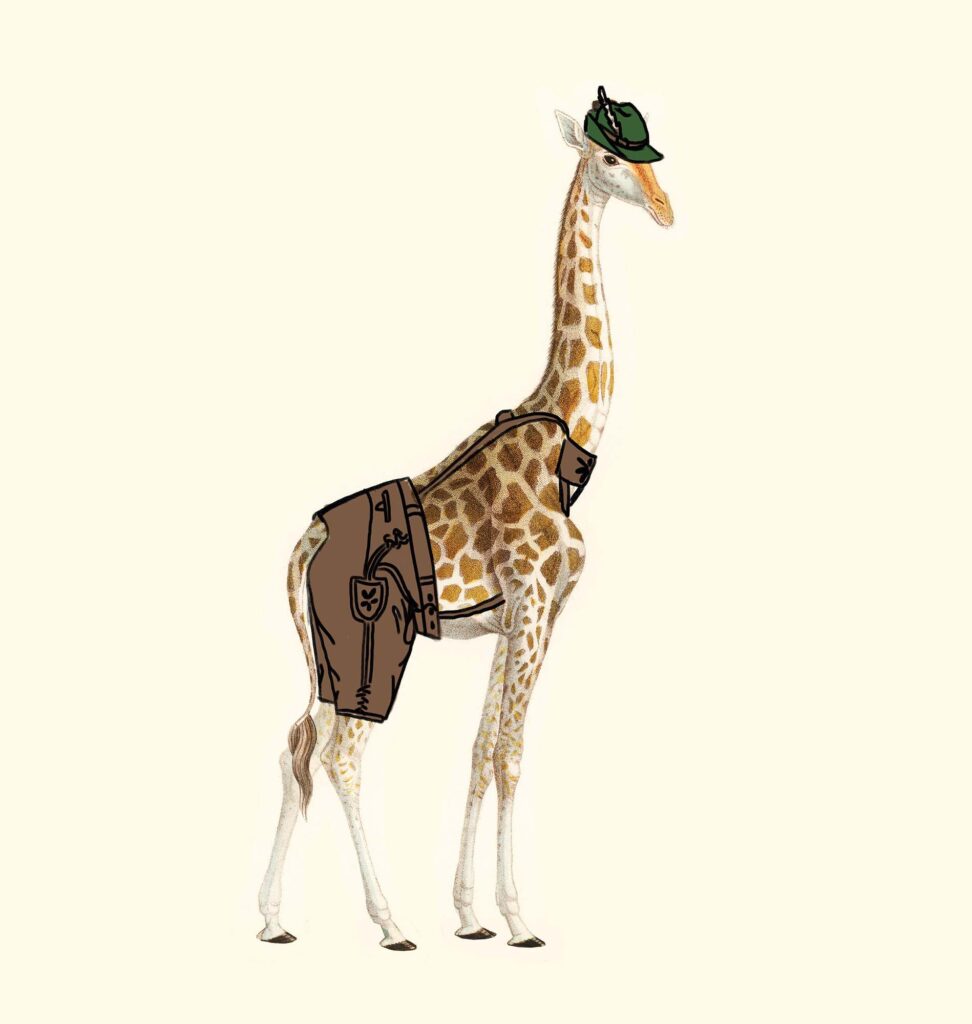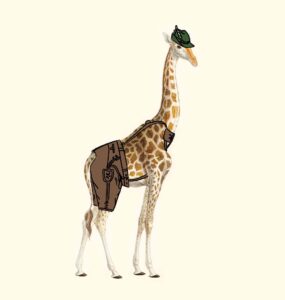Walking through Windhoek, Namibia’s capital, you find remnants of German colonialism around every corner: in the architecture of the buildings, the monuments in the parks, even the street names, most of which are written in German. Imagine growing up in a country where you can’t understand basic road signs. This is the reality for the majority of Namibians.
German colonialism in Namibia
Namibia was colonised by Germany in 1884 after German statesman Otto von Bismarck said he wanted his own “spot in the sun.” Back then, the country was called Deutsch-Südwestafrika and was the only German colony that German settlers came to in large numbers. The region’s history was marked by the Herero and Namaqua genocide from 1904 to 1908, in which the Germans massacred a third of the Herero and Nama population—two indigenous Namibian tribes of around 85,000 people.
Germany has never paid reparations to Namibia or the descendants of the Herero and Nama, and German influence has persevered ever since.
Having arrived in Namibia in 1884, German settlers remained after the country became a mandate of South Africa in 1915, and even when the country became independent in 1990 after a long, hard liberation struggle. Today, German-Namibians make up nearly 5% of the population.
Two parallel worlds
The white minority community of German-Namibians own nearly 70% of the country’s commercial farmland. Theirs is a community unmistakably apart from others in the country.
When you walk into certain restaurants and hotels in Windhoek, the nostalgic decorations, sometimes depicting overt racism, certainly make it look like some German-Namibians are holding on to the era of colonialism. If the existence of monuments celebrating important colonial figures is ever questioned, there is outcry in the German community.
The divide is also evident in education. A July 2020 report showed that Black students in Windhoek’s German private school, Deutsche Höhere Privatschule (DHPS), were victims of racism and prejudice. “The German farm kids who were staying in the school’s hostel weren’t very sensitised, especially when it came to racism. You could really tell that a lot of people going to DHPS had all-white groups of friends and didn’t make contact with others,” says Paul Geschwendner, a German-Namibian who went to the school.
Driving through Windhoek, it is common to hear German radio stations playing songs such as 99 Luftballons by German band Nena, and newspaper sellers on the street selling the Allgemeine Zeitung, Namibia’s German paper. ”They made us learn their language but when tourists hear a Black person speak German, they still react in shock,” 30-year old architect Otto Kalangula recalls. “When Germans come here and hear that my first name is Otto, they laugh. But that’s exactly what colonialism did.”
When calling a lodge that is owned by German-Namibians, for example, it is common for them to answer the phone in German. “It’s as if they expect us to speak their language,” says Kalangula.
Bridging the Gap
In recent times, however, some younger German-Namibians have tried to integrate. Sven Guter mayer, a German-Namibian entrepreneur, is also a DJ in the Windhoek techno scene. He has come up with ways of bridging the divide through nightlife concepts like the Olmeca Soul Train, where young diverse crowds of over a hundred people, people from privileged backgrounds can meet, unencumbered by the usual social dividers. Techno music came, of course, from Germany.
Intercultural and interracial couples made up of Germans and Namibians are also common these days. Lisa Häusler, a 28-year old German who married a Namibian, describes the cultural differences the couple has encountered raising their one-year-old child. “There are different premises when it comes to having children. In Germany, we try to be quiet when the baby is sleeping, while Namibians believe the child should get used to noise so it can grow resilient to it. It just goes to show that the Namibian culture is louder and more community-oriented, while the German one focuses on the individual.”
There is no doubt that what it means to be German-Namibian today is complex. But for many, like Häusler, raising a daughter who will speak Oshiwambo and German epitomises the merging of German-Namibian heritage and identities.




